The Complex Interplay of Physiology and Psychology
Pooping is a natural bodily function that most people experience daily, yet few discuss openly. However, understanding why it feels so good can provide valuable insights into our health and biology. Gastroenterologists explain that the sensation of relief and pleasure associated with bowel movements is rooted in both physiological and psychological factors.
The Role of the Vagus Nerve
One of the primary reasons that pooping feels good is the involvement of the vagus nerve. This long nerve connects the brain to various organs, including the gastrointestinal tract. During bowel movements, the muscles in the colon and rectum contract and relax, stimulating the vagus nerve. This stimulation triggers a reflex known as the "vasovagal response," which can lower heart rate and blood pressure, leading to a feeling of relaxation or even euphoria. This phenomenon is sometimes referred to as "poo-phoria," a term that captures the pleasurable sensation many people experience after a bowel movement.
The Release of Serotonin
Another key factor is the release of serotonin, a neurotransmitter associated with feelings of well-being and happiness. While serotonin is often thought of as a brain chemical, approximately 90% of the body's serotonin is actually produced in the gastrointestinal tract. During bowel movements, serotonin is released by cells in the intestinal lining, promoting peristalsis—the wave-like muscle contractions that move stool through the digestive tract. This release not only aids in digestion but also contributes to the mood-enhancing effects of pooping.
The Psychological Relief of Elimination
From a psychological perspective, the act of pooping provides a significant sense of relief. Holding in feces can be uncomfortable and even stressful, as it requires conscious effort to maintain control. When you finally release this control and empty your bowels, you experience both physical and mental relaxation. This sense of accomplishment and freedom can be particularly satisfying, especially if you have been struggling with constipation or other digestive issues.
The Importance of Regular Bowel Movements
Maintaining regular bowel movements is crucial for overall health. Gastroenterologists recommend paying attention to your body's signals and not ignoring the urge to poop. Holding in feces for too long can lead to constipation, as the stool becomes harder and more difficult to pass. On the other hand, frequent loose stools can indicate diarrhea, which may be a sign of an underlying issue such as an infection or food intolerance.
Strategies for Healthy Bowel Movements
To ensure healthy bowel movements, gastroenterologists suggest several lifestyle strategies:
1. Increase Fiber Intake: Fiber helps regulate bowel movements and supports a healthy balance of gut bacteria. Aim for 25 to 30 grams of fiber per day through foods like fruits, vegetables, whole grains, and legumes.
2. Stay Hydrated: Proper hydration is essential for moving food through the intestines and forming healthy stool. Drinking plenty of water and consuming hydrating foods like fruits and vegetables can help prevent constipation.
3. Engage in Regular Physical Activity: Exercise promotes healthy digestion and can prevent constipation. Even light activities like walking can make a significant difference.
4. Eat Balanced, Regular Meals: Consistent meal times can help regulate your digestive system and promote regular bowel movements.
5. Manage Stress: Stress can impact gut health and bowel movements. Practices such as mindfulness, meditation, or yoga can help reduce stress and support healthy digestion.
When to Seek Medical Advice
While occasional discomfort during bowel movements can be normal, persistent pain or changes in your bowel habits should be discussed with a healthcare provider. Conditions such as hemorrhoids, anal fissures, or inflammatory bowel disease can cause painful or difficult bowel movements. Additionally, if you experience frequent diarrhea, constipation, or blood in your stool, it is important to seek medical attention.
The sensation of relief and pleasure associated with bowel movements is a result of complex physiological and psychological processes. The stimulation of the vagus nerve, the release of serotonin, and the psychological relief of elimination all contribute to the pleasurable experience of pooping. By maintaining healthy bowel habits and paying attention to your body's signals, you can support optimal digestive health and overall well-being. If you have concerns about your bowel movements, consult a gastroenterologist for personalized advice and treatment.
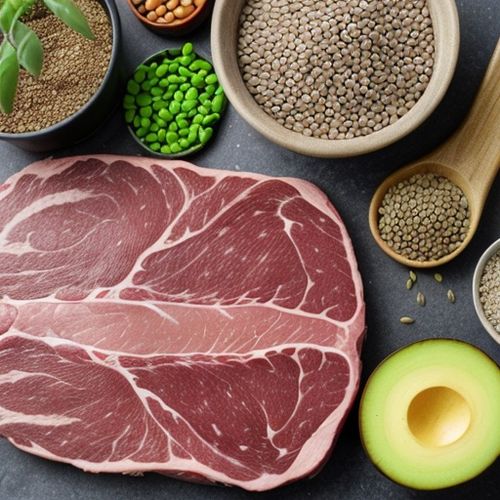
By Lily Simpson/Apr 23, 2025

By Lily Simpson/Apr 23, 2025
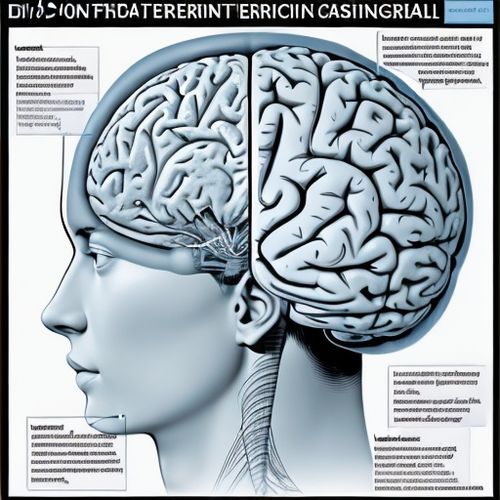
By George Bailey/Apr 23, 2025

By Ryan Martin/Apr 23, 2025

By David Anderson/Apr 23, 2025

By Victoria Gonzalez/Apr 23, 2025

By Benjamin Evans/Apr 23, 2025

By Christopher Harris/Apr 23, 2025
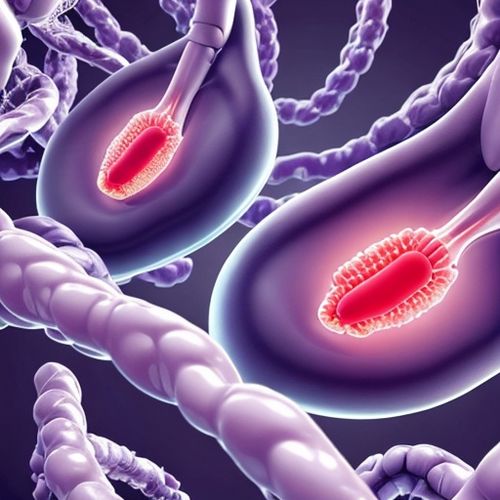
By Olivia Reed/Apr 23, 2025

By Emma Thompson/Apr 23, 2025
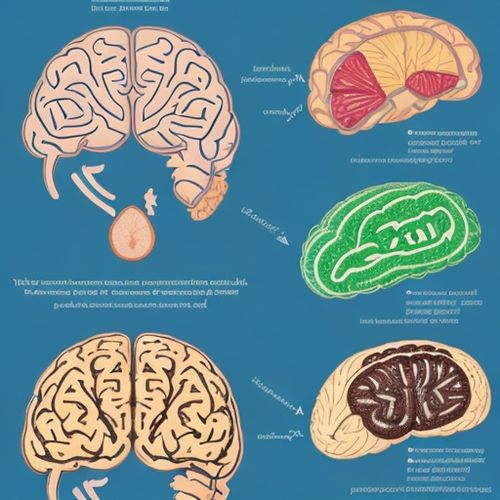
By John Smith/Apr 23, 2025
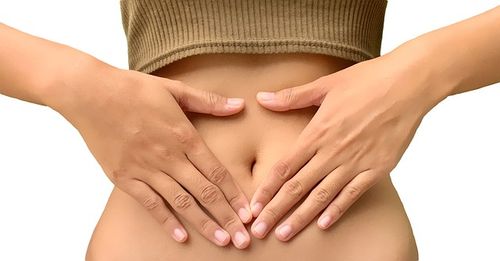
By Emily Johnson/Apr 22, 2025

By Samuel Cooper/Apr 22, 2025
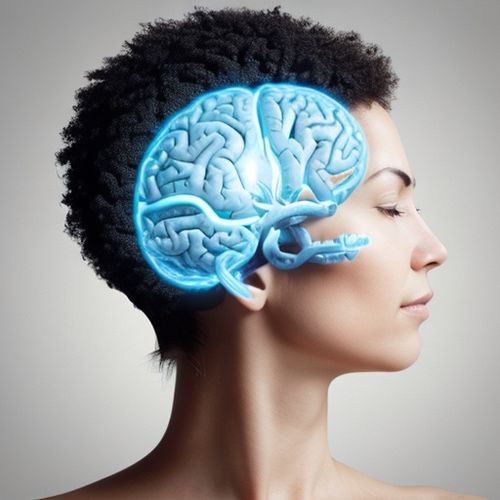
By Olivia Reed/Apr 22, 2025

By Sophia Lewis/Apr 22, 2025